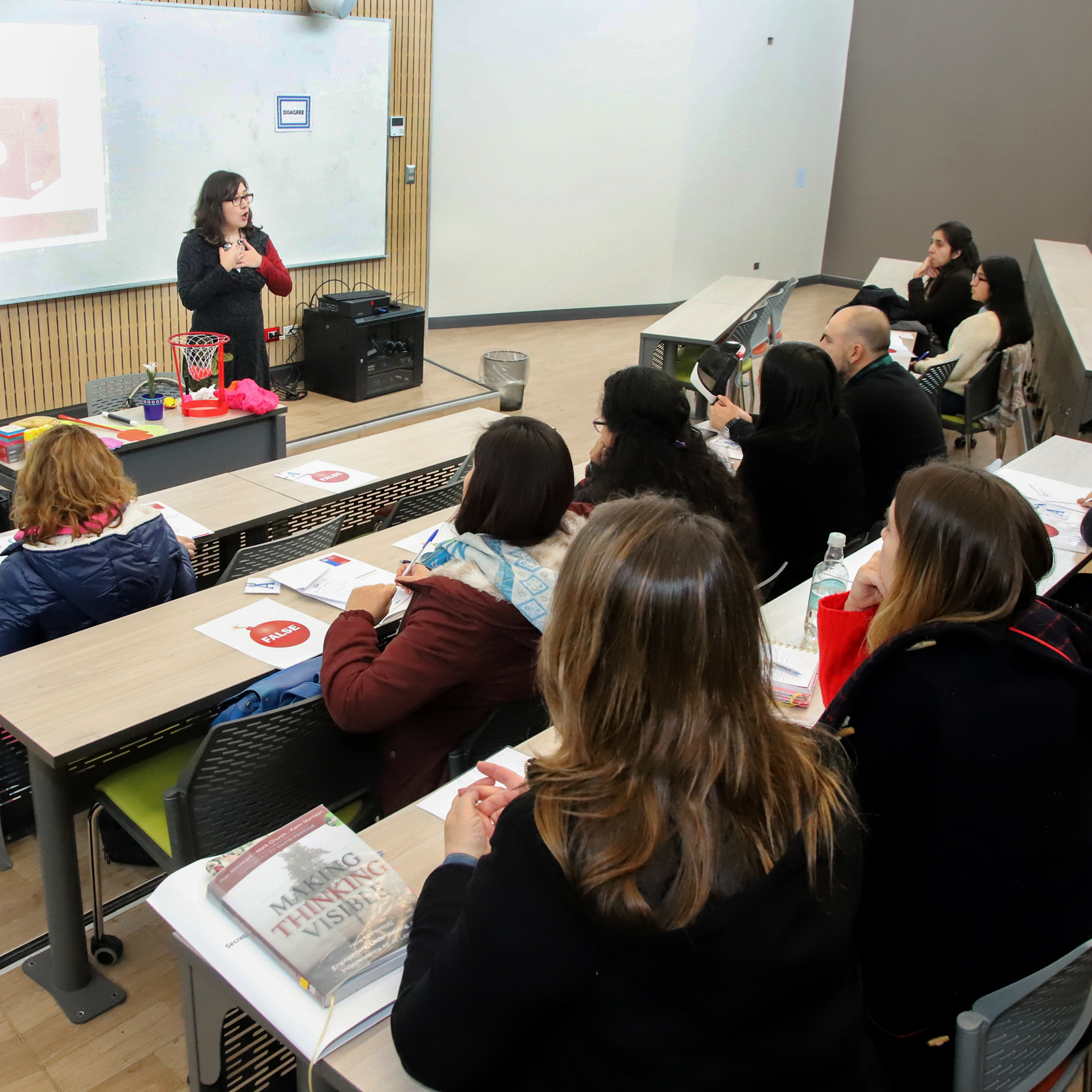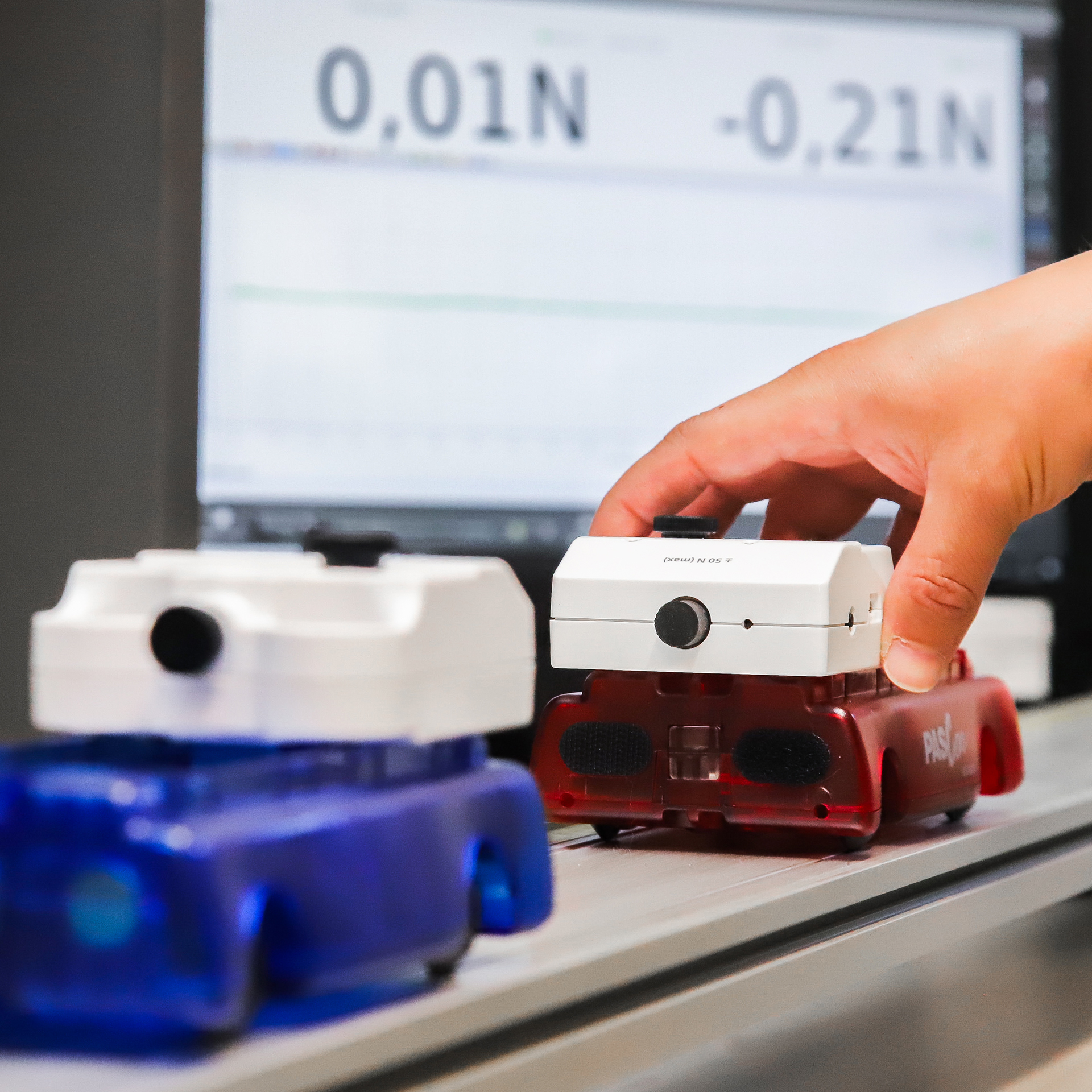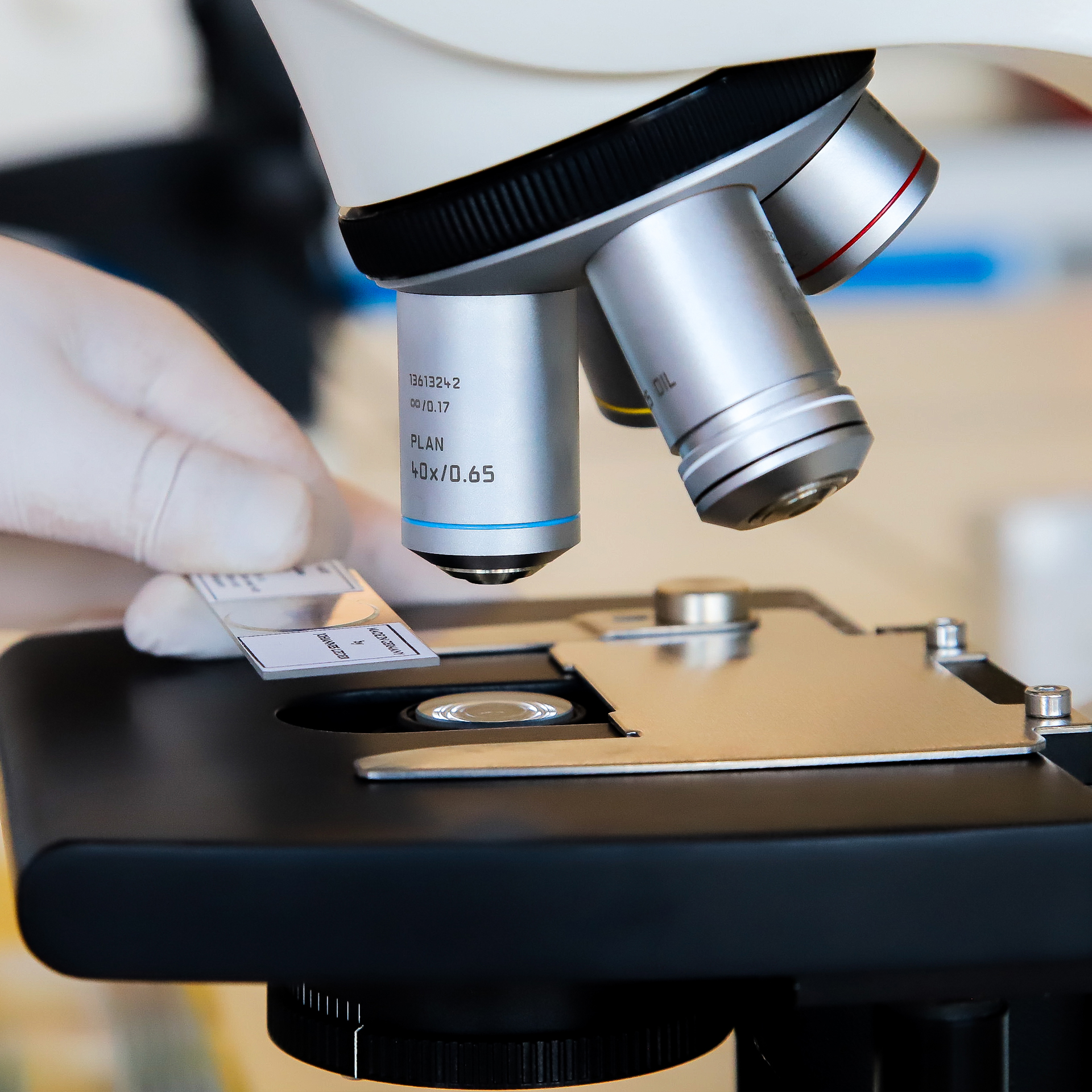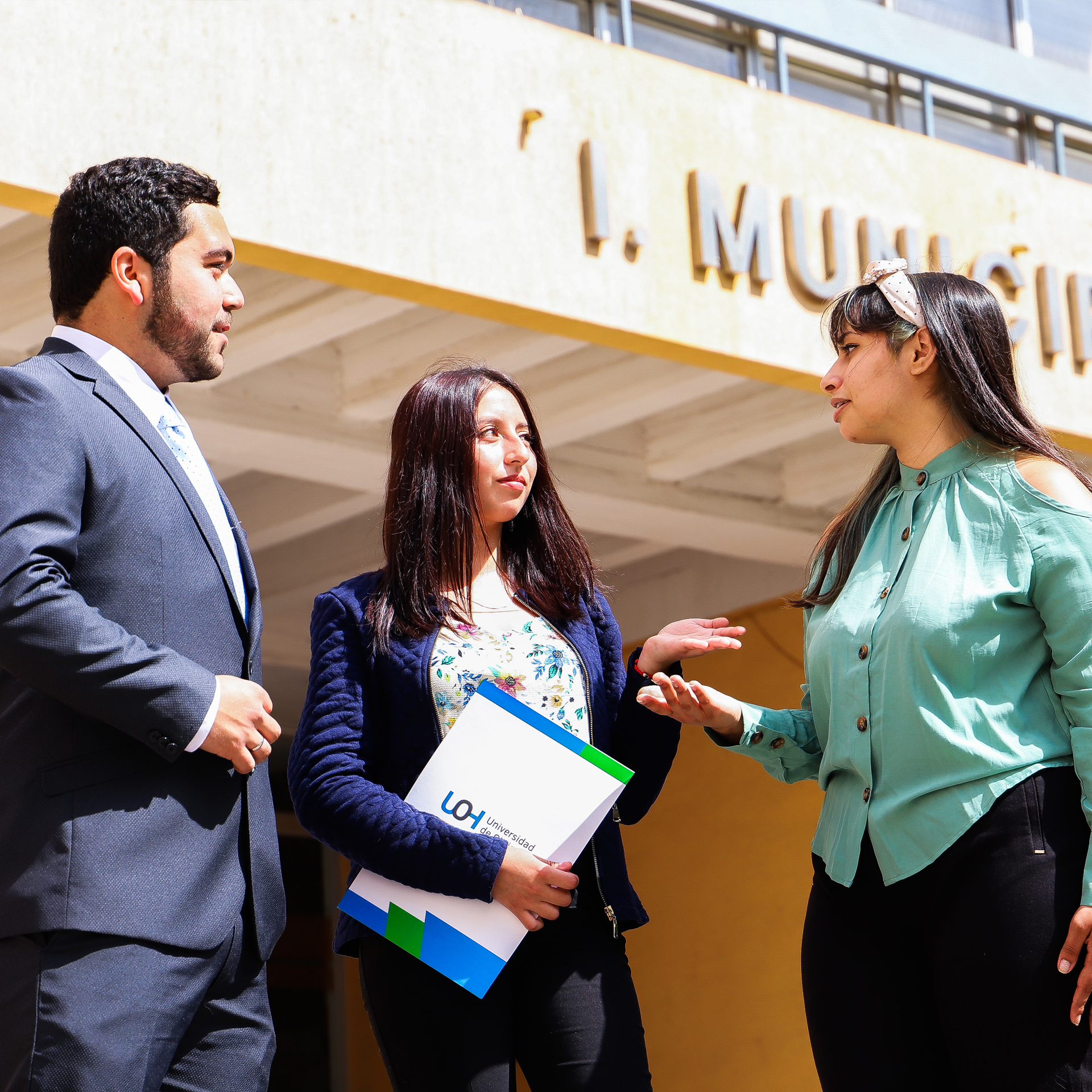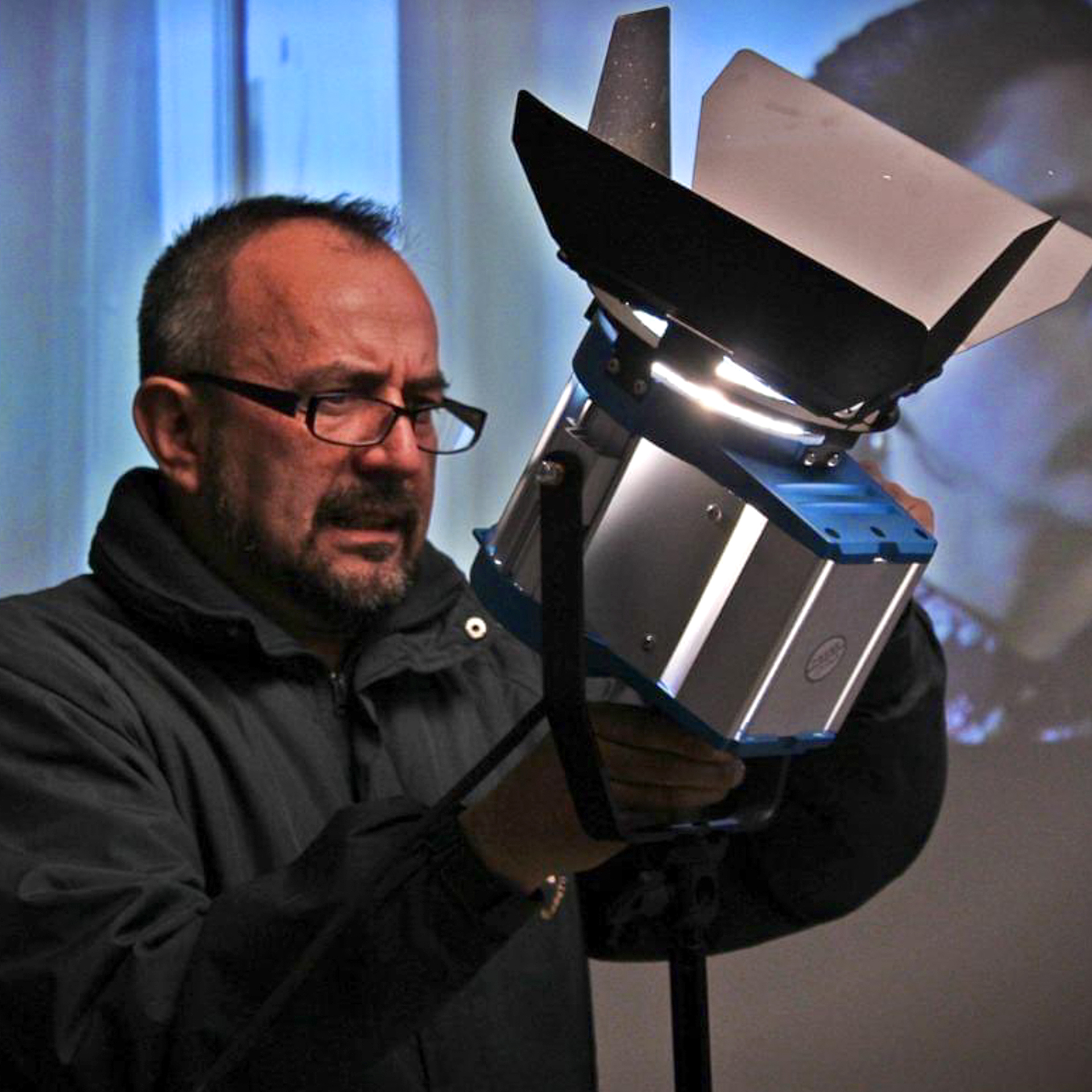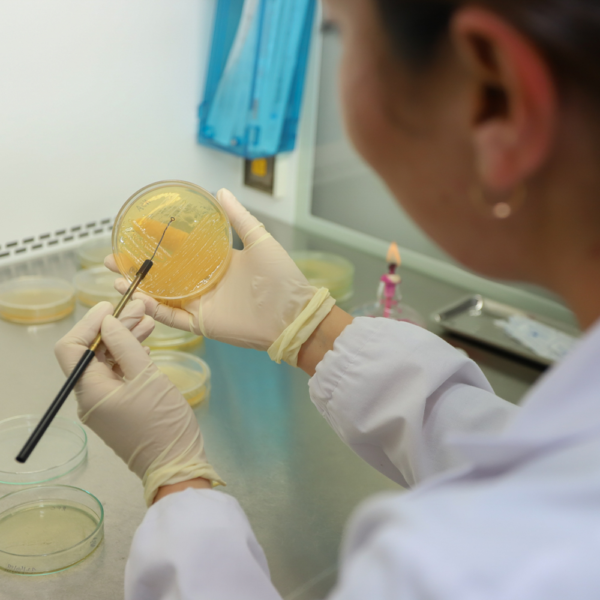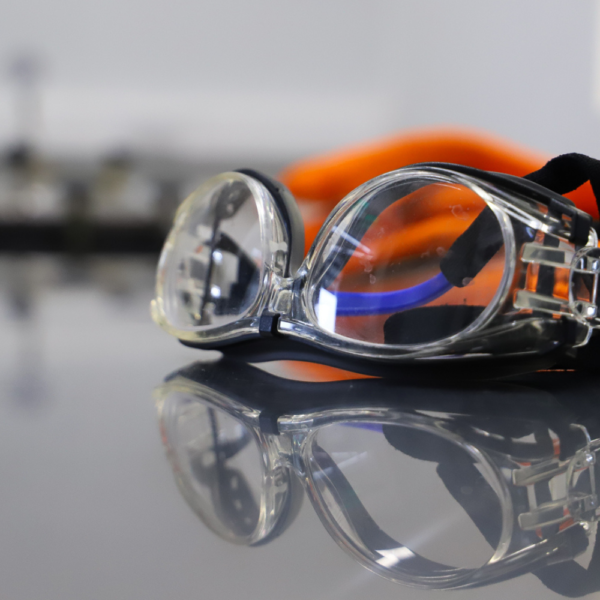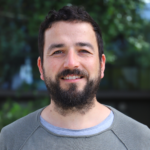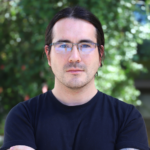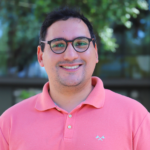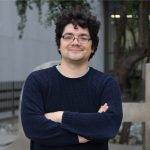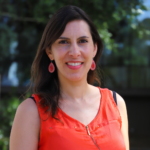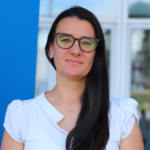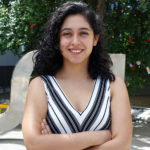Ésta busca promover actividades de investigación y desarrollo al más alto nivel, a cargo de sus académico/as e investigadores/as en el marco de proyectos científicos y tecnológicos de alcance regional, nacional e internacional, en concordancia con el Plan de Desarrollo Estratégico de la Universidad.
100% de los académicos y académicas con doctoradoInvestigación
Institutos de Investigación
Convocatorias
Cifras

208
Proyectos de investigación como responsables o co-investigadoras/es entre 2017 y 2021 (66 Fondecyt)

311
Publicaciones científicas entre 2017 y 2021 (266 en Scopus)

6
Institutos de investigación interdisciplinaria en 2021

100%
De académicas/os con grado de Doctor en 2021
Proyectos
- Diciembre 2025 - Diciembre 2025
IEEE RAS Technical Education Program
- Diciembre 2025 - Diciembre 2025
IEEE RAS Technical Education Program
- ID25I10198
- Agosto 2025
Herramientas de machine learning y optimización para mejora de calidad de soluciones de ruteo de vehículos y última milla
- Mayo 2025 - Abril 2028
Qualitative behaviour of nonlinear PDE from Physics and Biology
- Abril 2025
The Schools Role in Shaping Attitudes Towards Inequality: An In-depth Inquiry in Schools with Socioeconomically Diverse Students
- 11251528
- Abril 2025 - Marzo 2028
HAMFLIP: Hamiltonicity and Diameter of Flip Graphs
Últimas Publicaciones
- REVISTA Front. Chem. Biol
- 1970
A Mini Review of mycotoxin’s occurrence in food in South America in the last five years: research gaps and challenges in a climate change era
• Claudia Foerster Guzmán • Andrea Julieta Müller Sepúlveda
- REVISTA Front. Chem. Biol
- 1970
A Mini Review of mycotoxin’s occurrence in food in South America in the last five years: research gaps and challenges in a climate change era
• Claudia Foerster Guzmán • Andrea Julieta Müller Sepúlveda
- REVISTA Frontiers in Public Health
- 2025
Exposure to pesticides in Chile and its relationship with carcinogenic potential: a review
• María Teresa Muñoz-Quezada • Veronica Iglesias • Liliana Zúñiga-Venegas • Floria Pancetti • Claudia Foerster Guzmán
- REVISTA Journal of Gender Studies
- 2025
A decolonial and intersectional approach to identity in multicultural education: The case of the Haitian community in Chile
• Carolina Pérez Arredondo
- REVISTA Journal of Gender Studies
- 2025
Intersecting inequalities: towards a critical discursive approach
• Eleonora Esposito • Carolina Pérez Arredondo • Angela Zottola
Novedades destacadas
El compromiso de la UOH con avanzar en una cultura de Ciencia Abierta
Con la charla magistral "Los éxitos y dolores de la Ciencia Abierta", dictada por la Vicerrectora de Investigación y Desarrollo de la Universidad de Concepción, Andrea Rodríguez Tastets, se lanzó el proyecto InES INCA 24006: "Avanzando hacia una cultura de Ciencia Abierta en la Universidad de O'Higgins", financiado por ANID.
Saber másUniversidad de talentos: comunidad UOH demuestra su amor por las letras en el Primer Certamen de Poesía
78 fueron las propuestas recibidas en la primera versión de esta iniciativa. Los textos están disponibles para ser leídos en una plaquette que se puede revisar en esta nota.
Saber másUOH participa en el Décimo Encuentro Nacional de la Red InES Género
La actividad busca la colaboración y seguir impulsando la equidad de género en el ecosistema científico y académico.
Saber más
